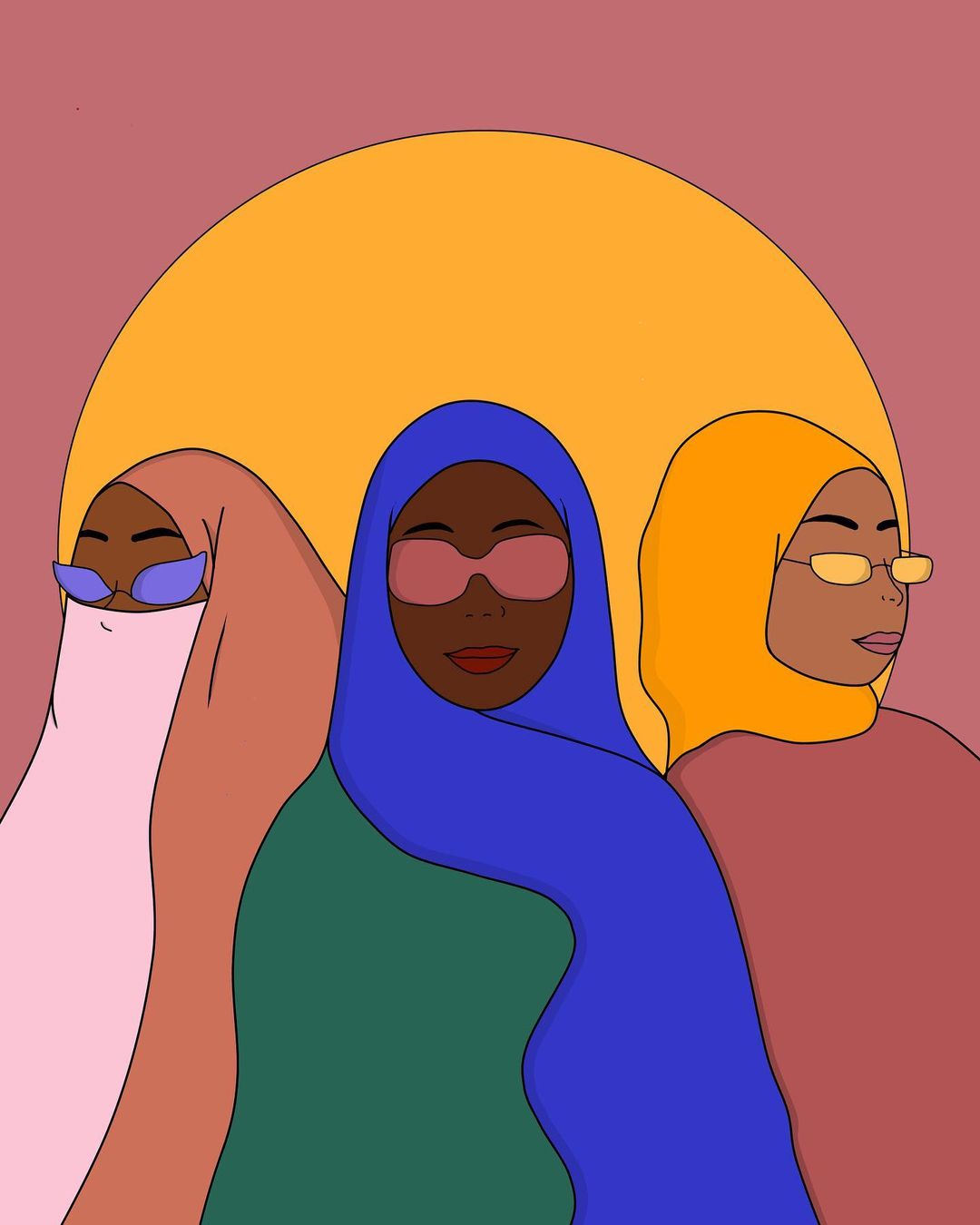In 2022, it’s exceedingly hard to believe that there are still people who would discriminate others based on their beliefs or what they choose to wear. It’s hard to believe that we’re still living in a world where women fear for their lives because they do not fit in a certain stereotype that others have manufactured. It’s hard to believe that I’m sitting here writing about the fact that six teenage students were barred from classes for wearing a hijab.
The world has come a long way since the Stone Age, especially within the last decade. We now have cars that can drive themselves without any human interaction and an entire universe where avatar versions of us can practically live an identical life to ours on planet earth. And yet, the one thing that we as a human race seem to grapple with the most, is mere humanity.
When six young hijabi girls were banned from attending their school classes earlier this month in Karnataka, India, simply for wearing a headscarf, an uproar of protesting and backlash was witnessed around the globe.
I believe that when a certain person or group of people is targeted and become the victims of discrimination, we need to raise their voices more than ever. Societies and communities need to hear what they have to say, because no human being could possibly relate or speak on the matter – as much as we may try to – as powerfully and effectively as the victims themselves can. And so, we gave a mic to The Digital Sisterhood, a start-up that aims to “unite Muslim women of color globally by highlighting the importance of cultivating their own spaces, creating their own content and being the author’s of their own stories.” In their podcast, they touch on essential subjects such as grief, sexual assault and how Islam has proudly and positively affected their lives. Below, read their exclusive letter on why we should all be doing better.

The Digital Sisterhood
Although Human Rights have been enshrined by virtually every country, veiled Muslim women continue to be disproportionally affected by the rising tide of Islamophobia. Unfortunately, the prevalence of gendered based Islamophobia in progressive countries, and religiously diverse places such as France, Canada and now most recently India, has resulted in public hostilities and discrimination against Muslim women.
What we are witnessing is a targeted and methodical discrimination where even the slightest deviation from secular dress norms bans many Muslim women from gaining equal opportunities in employment and education. News reports, and viral videos constantly depict instances of gender based violence against Muslim women that extend to physical violence, harassment, job termination, blockage from entering school all because of their to decision to cover their hair and practice their faith.
Too many countries that sanctify liberty, see the Hijab as a tool of dehumanization making Muslim women appear as passive victims of male dominance. This has given credibility to governmental laws that outwardly claim to be working in favor of their liberation, but in reality mirror the same oppression that they say they are trying to free Muslim women from.
It is imperative that in this climate Muslim women unite and collectively assert their own voice and exercise their right to wear the veil.. By raising their voices, Muslim women can share their complex facets of their identities and their mutual experiences through different media platforms such as ours.
At “The Digital Sisterhood”, we aim to dismantle the false narratives surrounding Muslim women and their Identities. Through digital storytelling we hope to connect Muslim women worldwide, so that can unify their voices together in hopes of creating real global change. Incidences like the Hijab ban are one of the many the reasons why we’re so passionate about telling the stories of Muslim women in their own voices. The only solution to combating this human right issue is to do the work in magnifying the visibility of Muslim women, as well as, ensuring that they take control of their own narrative. Too often veiled Muslim women have been left out and their voices silenced. It is now time for inclusivity and to magnify the voices of Muslim women as a way to ensure that liberty and freedom can be truly enjoyed by all.









